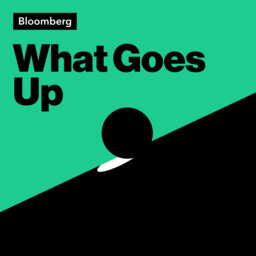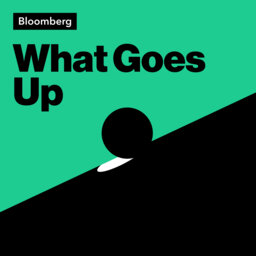Bitcoin in Macro Land
El Salvador is not a nation that comes up in global-macro investing discussions very often, but its embrace of Bitcoin as legal tender marks an interesting milestone in the evolution of the cryptocurrency’s role in financial markets. Ben Emons, strategist at Medley Global Advisors, joined this week’s “What Goes Up” podcast to discuss El Salvador’s embrace of Bitcoin and correlations it’s exhibiting with other parts of the market. He also discusses the European Central Bank’s decision to reduce asset purchases, and he shares some current stock-market strategies.
 What Goes Up
What Goes Up


